
Editorial | Apr 15,2023
Sep 30 , 2023
By TAMRAT G. GIORGIS ( FORTUNE STAFF WRITER )
As the global financial community prepares for the annual conclave in Marrakesh, Morocco, Ethiopia’s mounting economic challenges have emerged as a discussion point, with its authorities seeking financial assistance from the International Monetary Fund (IMF).
IMF’s Director of Communications, Julie Kozack, highlighted the hurdles that Ethiopia currently grapples with: persistent droughts spanning six consecutive years, the devastating consequences of the pandemic, internal conflicts, and the indirect economic impacts of Russia’s war in Ukraine.
“Ethiopia has been the subject of multiple shocks,” Kozack said at a virtual press briefing last week. “Economic challenges are significant.”
The Communications Director highlighted issues from food insecurity and humanitarian needs to high inflation rates and shortages of crucial foreign exchange and imported goods. Ethiopian authorities have formally requested financial support from the IMF. Finance Minister Ahmed Shedie, Central Bank Governor Mamo Mehiretu, and Teklewold Atnafu, senior monetary policy advisor to the Prime
Ministers are among the officials expected to attend the Marakesh meeting for five days, beginning October 9. Several CEOs of commercial banks have also been booked to fly to Morocco to attend the bi-annual event.
The forthcoming meeting, set against Morocco’s recent earthquake backdrop, shows the challenges countries face in the wake of natural disasters and economic disruptions. Moroccan authorities declared a three-day mourning after a 6.8 magnitude earthquake two weeks ago killed nearly 2,000 people. While the tragedy in Morocco highlighted the immediate damages such catastrophes can inflict, Ethiopia’s situation underscores the intricate web of geopolitical, environmental, and financial disruptions that can exert prolonged strains on a country’s economy.
The Marrakesh meeting is expected to amplify the urgent calls for global cooperation and financial solidarity, especially for debt-trapped countries like Ethiopia and Ghana, which are at the intersection of multiple crises. The Annual Meeting, which will witness the presence of global financial authorities from member countries, serves as a platform to address pressing economic issues and chart paths forward.
“Discussions are underway on economic policies and reforms [for Ethiopia] that could be potentially supported by an IMF program,” said Kozack.
The goal is to support Ethiopia’s homegrown economic reform initiatives to address the country’s macroeconomic vulnerabilities and leverage its considerable economic potential, according to Kozack.
The IMF’s involvement would not only hinge on internal economic restructuring but also require explicit commitments from Ethiopia’s creditors, such as China, which claims one-third of the 28 billion dollars in external debt. However, the concern is not coming from Ethiopia's debt-to-GDP ratio, which is not the highest compared to other countries, as much of the growing annual debt serving exceeds two billion dollars.
Kozack emphasised that “a new program would also require . . . financing assurances from creditors under the G20 commons framework to ensure that it can meet its objectives.”
Besides its primary agenda, the gathering in Morocco is hoped to signal global resilience and solidarity. As the world still grapples with the aftereffects of the pandemic and geopolitical tensions, the decision to proceed with the meetings in Morocco, as confirmed by the joint statement of the IMF, World Bank, and Moroccan authorities, signifies a broader message of resilience in the face of adversity.
PUBLISHED ON
Sep 30,2023 [ VOL
24 , NO
1222]

Editorial | Apr 15,2023
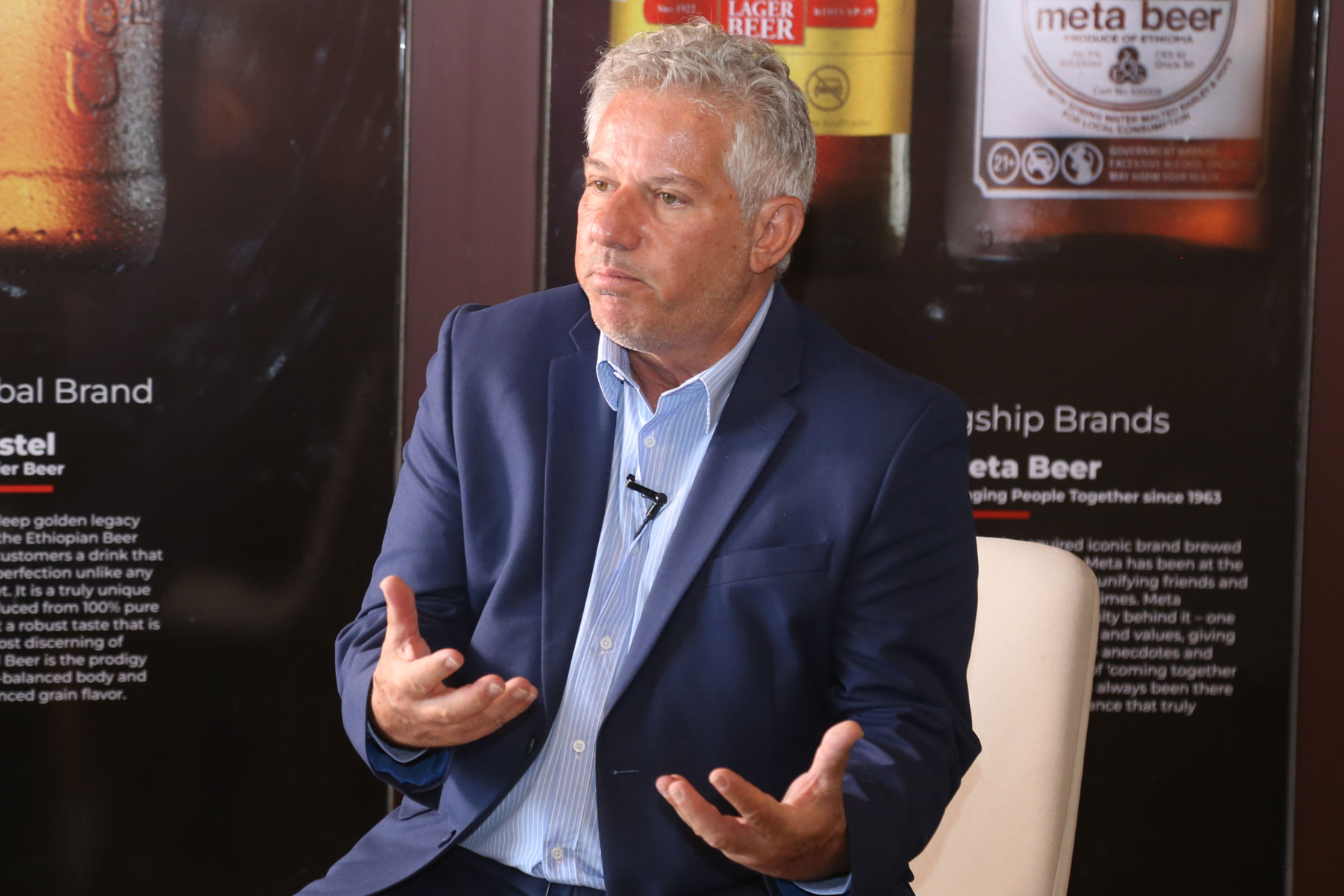
Exclusive Interviews | May 11,2024
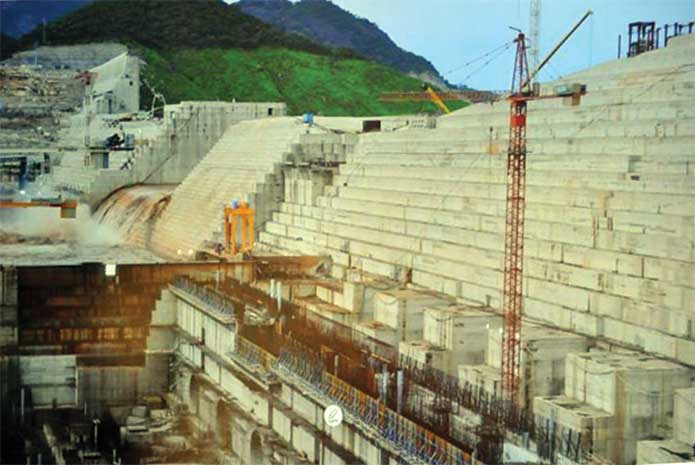
Fortune News | Oct 12,2019

Sunday with Eden | Jan 18,2019

Radar | May 02,2020
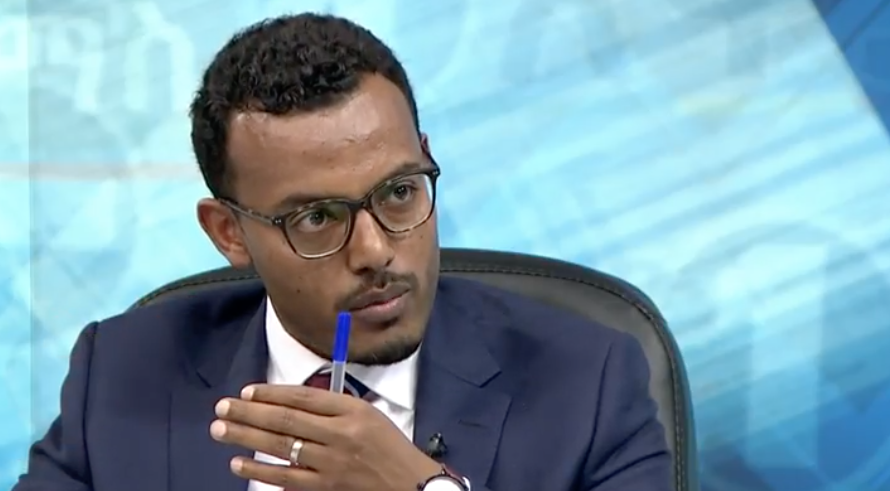
Fortune News | Jun 23,2019
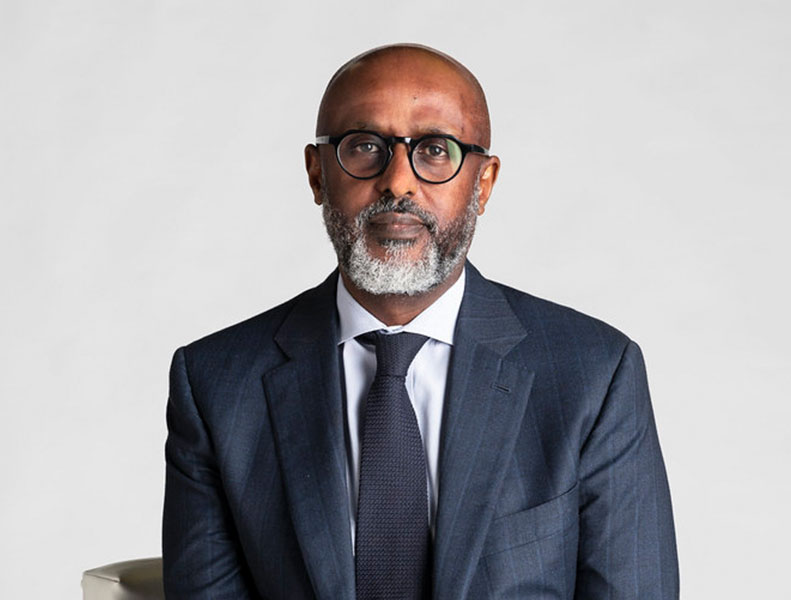
Fortune News | Oct 23,2021

Radar | Sep 06,2020

Radar | Jan 07,2022
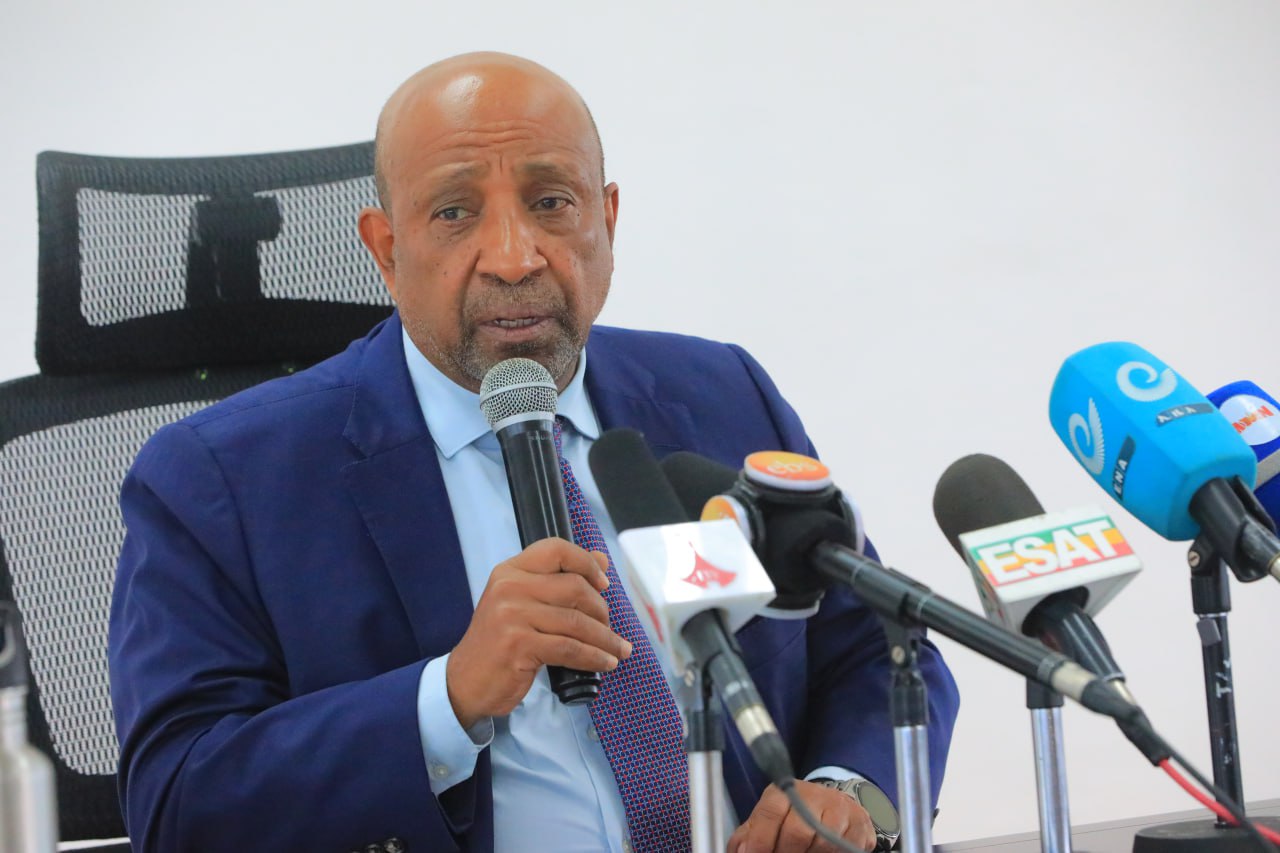
Verbatim | Aug 30,2025

Dec 22 , 2024 . By TIZITA SHEWAFERAW
Charged with transforming colossal state-owned enterprises into modern and competitiv...

Aug 18 , 2024 . By AKSAH ITALO
Although predictable Yonas Zerihun's job in the ride-hailing service is not immune to...

Jul 28 , 2024 . By TIZITA SHEWAFERAW
Unhabitual, perhaps too many, Samuel Gebreyohannes, 38, used to occasionally enjoy a couple of beers at breakfast. However, he recently swit...

Jul 13 , 2024 . By AKSAH ITALO
Investors who rely on tractors, trucks, and field vehicles for commuting, transporting commodities, and f...

Oct 18 , 2025
The political establishment, notably the ruling party and its top brass, has become p...

Oct 11 , 2025
Ladislas Farago, a roving Associated Press (AP) correspondent, arrived in Ethiopia in...

Oct 4 , 2025
Eyob Tekalegn (PhD) had been in the Governor's chair for only weeks when, on Septembe...

Sep 27 , 2025
Four years into an experiment with “shock therapy” in education, the national moo...